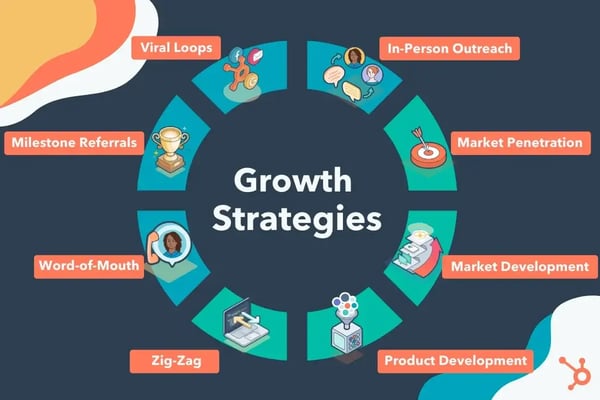Understanding the right sales strategy to employ is crucial, and the strategy you work with depends on two key factors: Time and the degree of complexity in the sales process. B2B sales is not about applying a shock seller for Snickers. But some B2B sales cycles are far longer and more challenging than others.
I want to look into three types of sales strategies: Transactional Sales, Value-Based and Consultative Selling, and Strategic Sales.
Transactional Sales: Efficiency and Speed
At the lower end of the complexity spectrum and involving short time horizons, we find Transactional Sales. This strategy is characterised by its simplicity and speed. The primary focus here is on the product or service being sold, with less emphasis on building long-term customer relationships.
Transactional sales are typically high-volume, low-cost transactions. The sales process is often quick and straightforward, with the main goal being to close the deal as efficiently as possible. This type of B2B sales strategy is commonly seen in low cost product environments or other industries where purchases are frequent and decision-making processes are relatively simple.
Value-Based and Consultative Selling: Building Relationships
Moving up the complexity and time scale, we encounter Value-Based Selling and Consultative Selling. These strategies involve a higher degree of complexity and is often paired with longer sales cycles.
Value-Based Selling focuses on understanding and enhancing the value that a product or service provides to the customer. Rather than just selling a product, the salesperson aims to solve a problem or fulfil a need for the customer, thereby creating value.
- Consultative Selling, on the other hand, involves a more personalized approach. The salesperson acts as a consultant, working closely with the customer to understand their needs and provide tailored solutions. This strategy requires a deeper understanding of the customer's business and often involves building long-term relationships. In addition to the positive outcome for the client who buys the product, consultative selling often also focus on more of the non-measurable results that can come with the purchased: Employee health and safety, employer branding, brand enhancement, environmental benefits etc.
Strategic Sales: Navigating Complexity
At the high end of the complexity spectrum, with long sales cycles, we find Strategic Sales. This strategy is typically used for high-value, complex sales that involve multiple decision-makers and longer sales cycles.
Strategic Sales requires a deep understanding of the customer's business and industry. The salesperson must navigate complex decision-making processes, often involving multiple stakeholders. This strategy is commonly used in industries such as technology or business services, where the sales process can take months or even years.
A company that want to work with strategic sales need crafting thorough plans to effectively engage the target market to sell their products or services.
Strategic sales enable businesses to stay in tune with customer preferences, underlining the importance of adaptability for profitability. Being successful within strategic sales, your team need to focus on multiple components:
- Training and coaching your team, and implement a structured best practices
- Systematic use of CRM, maintaining a high degree of trustful and quality data
- Identifying potential business partners and sales competition
- Evaluating and learn from failure or success
Conclusion: Aligning Sales Strategy with the Customer's Buying Process
Transactional, Value-Based, Consultative, and Strategic Sales each have their place, depending on the complexity of the sale and the length of the sales cycle.
However, the most important factor to consider when choosing a sales strategy is the customer's buying process. Understanding how your customer makes purchasing decisions will allow you to align your sales strategy accordingly. Remember, there's no right or wrong strategy - it's all about finding the best fit for your customer's needs and your business goals.
Book a meeting for a non-committing chat about your sales strategies!

David Aleksandersen
David Aleksandersen is Chief Revenue Officer at Spring Agency. He has over 25 years of experience in sales, marketing, and management, both nationally and internationally. David has a Computer Science degree from Østfold University College and is studying Digital Transformation at Oslo Met. Before joining Spring, he worked as a business advisor at MarkedsPartner, marketing manager at Dataton AB, and as CEO at Smart Simulation AS.










